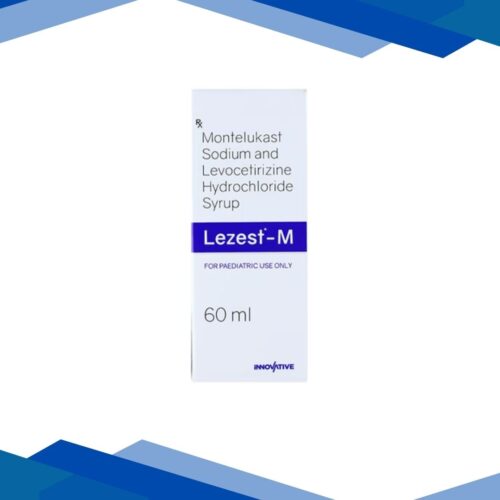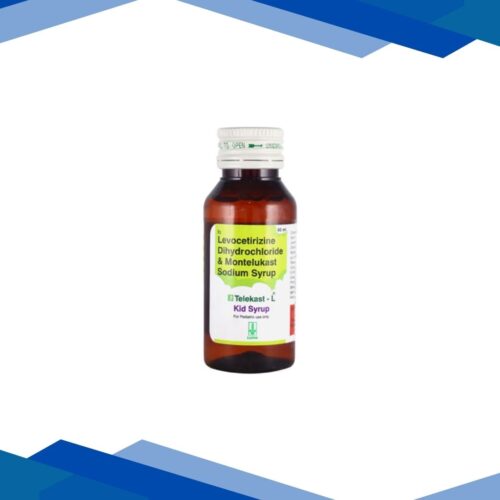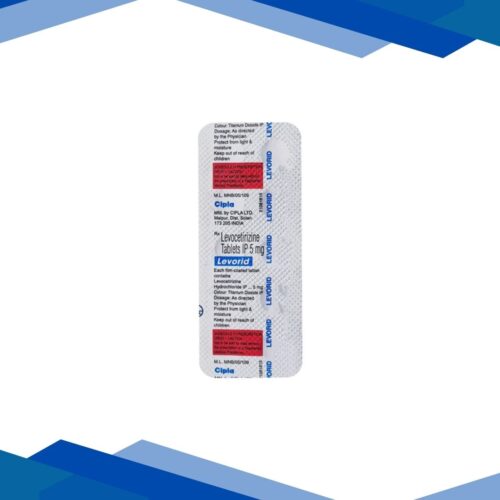Acetylsalicylic Acid
ACETYLSALICYLIC ACID
Overview:
Acetylsalicylic acid is a frequently used drug that helps soothe pain, reduce high temperature, and decrease inflammation. It also helps prevent blood from clotting too easily, which can lower the chance of heart conditions like heart attacks or strokes.
Classification: Non-steroidal anti-inflammatory drug (NSAID)
Uses:
Easing mild to moderate pain (like headaches, toothaches, muscle aches)
Bringing down fever
Lowering inflammation in conditions like arthritis
Reducing the risk of heart attacks and strokes by preventing blood clots
Helping in recovery after heart procedures or in patients with heart disease
How It Works:
Blocking certain natural chemicals in the body that cause pain, heat, and swelling (like prostaglandins)
Stopping platelets in the blood from sticking together, which helps prevent clot formation
This helps ease discomfort and protect the heart and blood vessels.
Dosage: As prescribed by your doctor
Side effects:
Most people tolerate it well, but some may notice:
Stomach irritation or pain
Nausea or indigestion
Heartburn
Easy bruising or bleeding
Rarely, ringing in the ears (tinnitus) or allergic reactions like rash or trouble breathing
Precautions:
Take with food to avoid stomach upset
Avoid if you have bleeding problems, stomach ulcers, or are allergic to NSAIDs
Not advised for children with viral infections due to risk of Reye’s syndrome
Use with caution if you have asthma, kidney problems, or are taking other blood thinners
Always follow the dosage your doctor recommends
Inform your doctor if you’re pregnant, breastfeeding, or taking other medications
Disclaimer:
This content is for informational purposes only. Always consult a healthcare provider for medical advice and proper dosage







